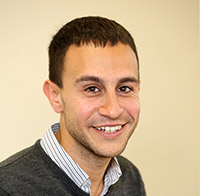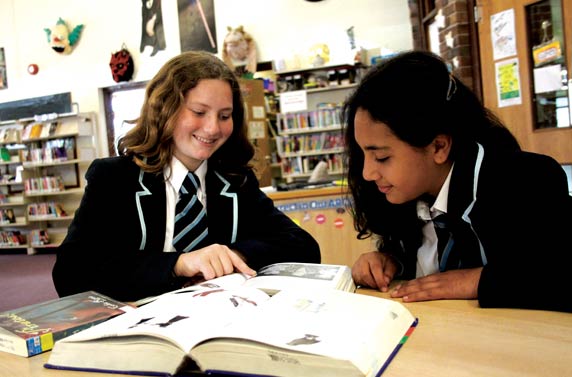A mother from Brighton has presented a petition to councillors urging them to offer a genuine choice of secondary school to all children in the area.
Sam Fearn, from Brighton, handed in the petition of 1,360 signatures to Brighton and Hove City Council at Hove Town Hall yesterday (Thursday 26 January).
The council is reviewing the current catchments – some of which may contain only one school while others will have two and possibly three.
The review is being carried out by a cross-party working party which is chaired by Councillor Dan Chapman, the new chairman of the council’s Children, Young People and Skills Committee.
At a meeting of the full council Sam Fearns spoke about the aims of the petition which was headed “One choice is no choice”.
The petition said: “We believe that every child in Brighton and Hove should be treated fairly.
“The University of Brighton intends to provide a secondary school for children in the centre and the east of the city which will open in 2018. For the first year, any child in the city can apply.
“However, the working party has recommended that the new school should be located in the central catchment from 2019.”

This would benefit children and parents who already had a choice of Dorothy Stringer or Varndean School, the petition said.
It also said that children and their parents would have just one choice in the catchments for BACA (Moulsecoomb and Bevendean including the Coombe Road area), Longhill (Whitehawk, Woodingdean, Ovingdean, Rottingdean and part of Saltdean), PACA (Portslade and Mile Oak) and Patcham (Patcham, Hollingbury and Westdene).
The petition said: “This is unfair and contradicts the School Admissions Code (2014) which states that admission policies should be ‘fair, clear and objective’.
“We, the undersigned, ask Brighton and Hove City Council to end this unfairness and inequity and ask that children from all over the city are given at least two secondary schools in their catchment area so that all children have a choice.”
In a speech to councillors Sam Fearn said: “We are objecting to the unfairness of the current catchments and the working party’s proposal to place the new University of Brighton secondary school into the central catchment from 2019.
“If Brighton and Hove City Council take forward these proposals, they will not be honouring their responsibility to treat all children in the city equally.
“This seems obvious for at least three reasons. Firstly and fundamentally, how can it be fair for some children to have a choice of three schools while others have no choice at all?
“How does refusing choice to one third of the city’s children deliver the principles of equality that this council claims to support.

“Many people believe that more effort should be made for less advantaged areas of the city to address the imbalance in opportunities facing the city’s children.
“We are only seeking the same treatment for all children.
“Either all of our children have a choice or none do. Anything else is an injustice.
“The council commissioned a report published by the University of Brighton in 2016.
“It’s top recommendation was ‘redrawing the current geographical catchment area boundaries to try to ensure that all parents and students have a genuine choice of at least two secondary schools.’
“The recommendation could not have been clearer.
“Secondly, let’s recognise critical differences in the catchments. The ones with the most choice are home to greater wealth and less deprivation and can be said to shout the loudest.
“In comparison, the single school attachments, including Coldean, Moulsecoomb, Bevendean, Whitehawk and Woodingean are more deprived and have a quieter voice.
“Normal working families can no longer afford to live in the central catchment.
“How do these plans promote social mobility and the truly comprehensive education system that the working party claimed as one of its goals?
“Thirdly, children are different, schools are different. What suits one child might not suit the next.
“Some school are able to offer more GCSE subject choices, some less.
“For many children in the city, school is their only route to better prospects and a better future. To reduce their options of schools and of subjects is to reduce their life chances altogether.”
“To the working party we say, ‘Listen to the views of people across the city.’ We seek new catchment proposals that ensure a genuine choice for all children.
“To the councillors we ask, ‘will you agree that these proposals are unfair and that the degree of choice and opportunity should be equal for every child in the city.’”









